|
Guest Post by Two Wise Chicks Post Design by Christy Zigweid Photo by Myriams-Fotos via Pixabay made using @WordSwagApp We've been meaning to talk about guilt for some time now. Guilt is a feeling that is familiar to most of us - some more than others of course. And it's something that comes up in our own lives, and with clients. But can it be a good thing to experience guilty feelings? Well...yes and no. On the positive side, guilt can be a way of keeping ourselves in check, a moral compass if you will. It alerts us to the possibility that our behaviour is poor, unkind, even cruel or abusive. Guilt is our gut-check, the internal compass that lets us know it is time to make amends. But what if we feel guilt even when we've done nothing technically wrong? What if we are so accustomed to feeling guilty that we don't even check to see if it's the correct feeling for the situation? Photo courtesy of Two Wise Chicks The list of potential "Guilt Trips" we can take ourselves on is endless:
We think 'Toxic Guilt' should come with a health warning!Guilt keeps us in VICTIM MODE. For example, after getting a sub-par meal, we might say to ourselves 'Oh I couldn't complain to the staff about that... I'd feel so GUILTY!' Telling ourselves we'd feel guilty allows us to dodge responsibility - and keeps us stuck well within our dubious 'Comfort Zone.' Guilt keeps us stuck. It causes us to do things we don't really want to - or not do things we might enjoy - for fear of imagined rejection or judgement. By allowing guilt to go unchecked in our lives, we cheat ourselves out of reaching our potential, and we miss opportunities for joy and fulfillment. For us, the simplest way to erase unnecessary guilt from our lives is to ask ourselves the question: "Have I just done something that's actually wrong?" If we haven't, then our guilt is undeserved, unnecessary and pointless. There is no learning to be gained from it. Just pain. So we can choose to let it go. Side note: We would benefit from identifying what we are REALLY FEELING in these situations. Maybe it's insecurity. Maybe it's shame. Maybe it's fear. Whatever it is, it is NOT guilt. What better time than now to end this tradition of guilt. Instead, let's start a new tradition of responsibility and self-care. Imagine the freedom?!! With guilt-free love, About the Authors Sally O’Reilly
Sally wants to help create a world of compassion for ourselves and others. A world where mistakes are allowed, gender roles don’t exist, sex ed in schools is a real thing and everyone dances – lovely! As a psychologist and psychotherapist in Ireland, she’s worked for nearly twenty years in private practice, with adults and trainee adults of all ages. She blogs on her own website, is a feature writer for super duper parenting website Voiceboks.com, does print and radio media work and has been known to Tweet. She’s the one running our Twitter page! When she’s not working, you will find her engrossed in Science Fiction or some dark and Danish TV show, listening to music, watching the sea (while really, really wishing it were warmer), or figuring out how to work Lightroom on her Mac. All while munching on Bombay mix. #multitasker! She’s happiest when dancing and erm…. her cat has his own Facebook page. We won’t link to that, it’s too embarrassing.. Tanya Tinney Tanya looks forward to living in a world where people know their worth, respect boundaries, and always have time for tea and chocolate. A magic bubble that protects her from sticky fingers, hormonal girls and dog hair would be awesome as well. Her education and much of her training is in the areas of psychology and human potential. She worked as a licensed psychologist for over 14 years, with 10 of those years spent building her own successful private practice. In total, she has over 20 years of varied experience working, volunteering for non-profit agencies, and consulting to small business. Most recently she has launched her dream online coaching practice where she gets to work with motivated, amazing women who need help overcoming life’s hurdles. Exciting times! She has lived in Ireland, Ethiopia (okay, just 6 months), Canada, and currently lives in central Texas with her husband, three girls (including fraternal twins), two dogs and three cats. When she’s not finding ‘everyday moments’ to write about here or on her own blog, you can find her being walked by her dogs, unearthing unidentifiable food-objects under the couch cushions or baking her famous banana bread. Tanya runs our Facebook page – and not to be outdone by Sally’s cat, her dog has its own Facebook page too.
0 Comments
Article by Irving Schattner Edit and post design by Christy Zigweid Photo by Unsplash via Pixabay made using @WordSwagApp Our brains are constantly working. Neurons are firing and chemicals are released and absorbed, leading to thoughts, emotions, and actions. Whether we are in a state of motion, standing still or sleeping, our brains accommodate to ever-changing circumstances and states of consciousness. As much as we may try to convince ourselves of the need to slow down the process of brain function, there are elements of biology and conditioning that dictate the flow of energy circulating up the spine into our brain and down to our organs. That is a given. What is less of a given is the extent to which we can exercise control over our brain and, therefore, bodily organs. The extent to which we are able to exert conscious control over mind and body can be dictated by a number of factors. One factor is how aware we are of what we think and feel. It is through conscious awareness that we can begin to gain some mastery over how we channel our thoughts, emotions, and actions. “Failure to be aware” leads to automatic thoughts, feelings, and actions that may be counterproductive to our goals. While this may seem an obvious conclusion, many people in distress often find themselves “stuck” in the very patterns which perpetuate and even exacerbate the problems from which they seek freedom. For some in distress, it is more comfortable to accept one’s fate than to examine what influences and motivations keep them from seeking change and joy. Admittedly it is a daunting task to examine that which is hidden from consciousness, and break through the defense mechanisms often used as self-protection. To engage in a process of self-awareness can begin the process of change. If we continue to ignore or avoid what has been brought to our consciousness, we perpetuate self-sabotage. Some believe that motivation is what is needed and continue to wait for motivation that never comes. The stark reality is that motivation is usually achieved by the mere act of doing. The act of doing, or being, may seem at times like an uphill battle, but once undertaken becomes a process through which motivation is reinforced. In other words, one can sit idly by and think about taking action, or one can learn through repeated attempts (trial and error) until success is achieved. Success is best achieved when fear of failure is challenged through opportunities for learning made possible by taking action. By taking action, assessing what went right and what needs to be modified or corrected, one is on the path to adaptive change. Unfortunately, having gained conscious awareness (or understanding), many people in distress often recoil into typical patterns of thinking and behaviors which further reinforce their negative self-image and disbelief in their ability to gain mastery over their distress. The fortunate few, often with the guidance, support, and encouragement of a well-trained mental health professional, are determined to undertake this next phase of action which flows from their newly-discovered awareness. It is my wish for each one of you that you take the necessary steps to move from awareness to action, in order to achieve a life of joy, purpose, and direction. Show the courage to change. Reach out and give me a call so we can explore taking this journey together. The rewards are fantastic! About the Author - Irving Schattner, LCSW
|
Build Your Action Based Stress Reduction System
Popular PodcastsOlympian Suzy Favor Hamilton - From Fame to Prostitution to Advocacy
Hall of Fame Basketball Star Chamique Holdsclaw on Mental Resilience Diana Nightingale on her husband Earl Nightingale's Principles for Mental Health Success JoAnn Buttaro on Date Rape & PTSD Survival Story: Its Never Too Late Gabe Howard on BiPolar Advocacy Phil Fulmer on Teen Suicide Prison, Bipolar and Mania with Andy Behrman Columbia Univeristy's Dr. Rynn on OCD Archives
March 2018
Categories
All
|

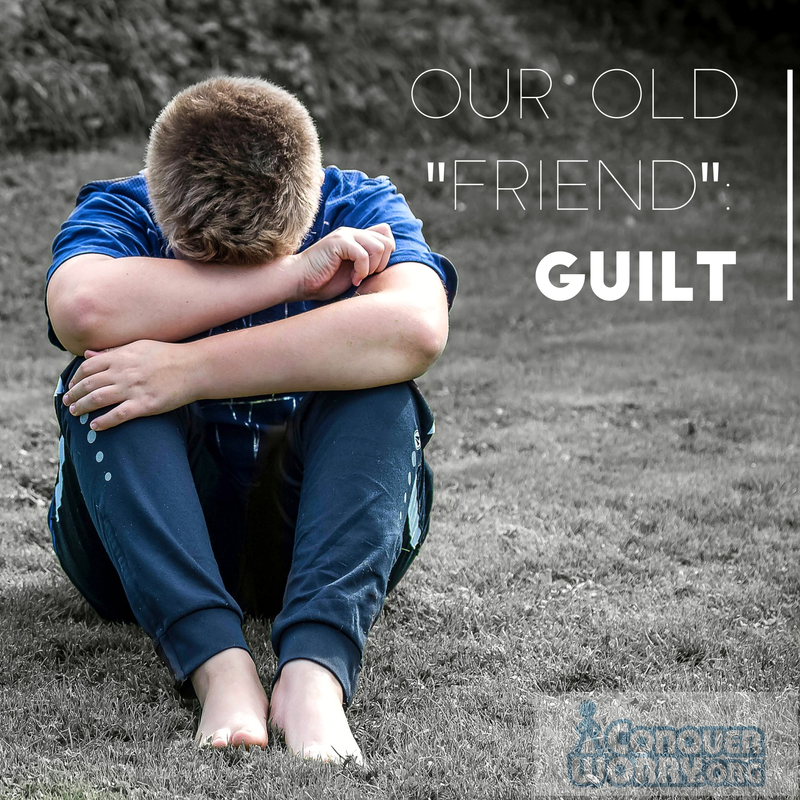
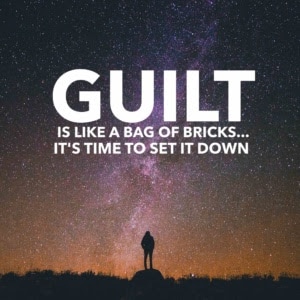


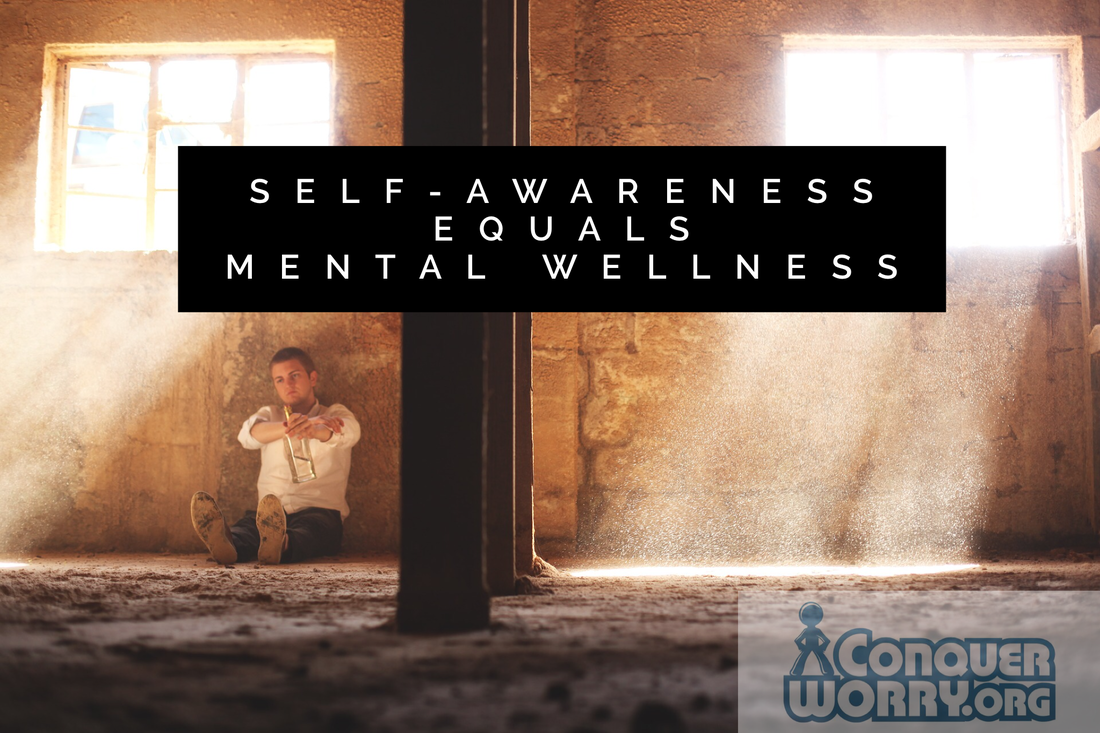
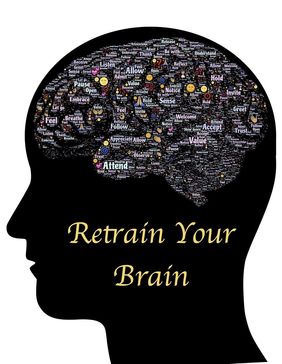

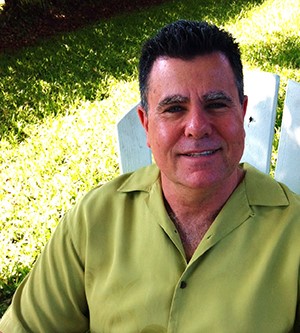

 RSS Feed
RSS Feed





